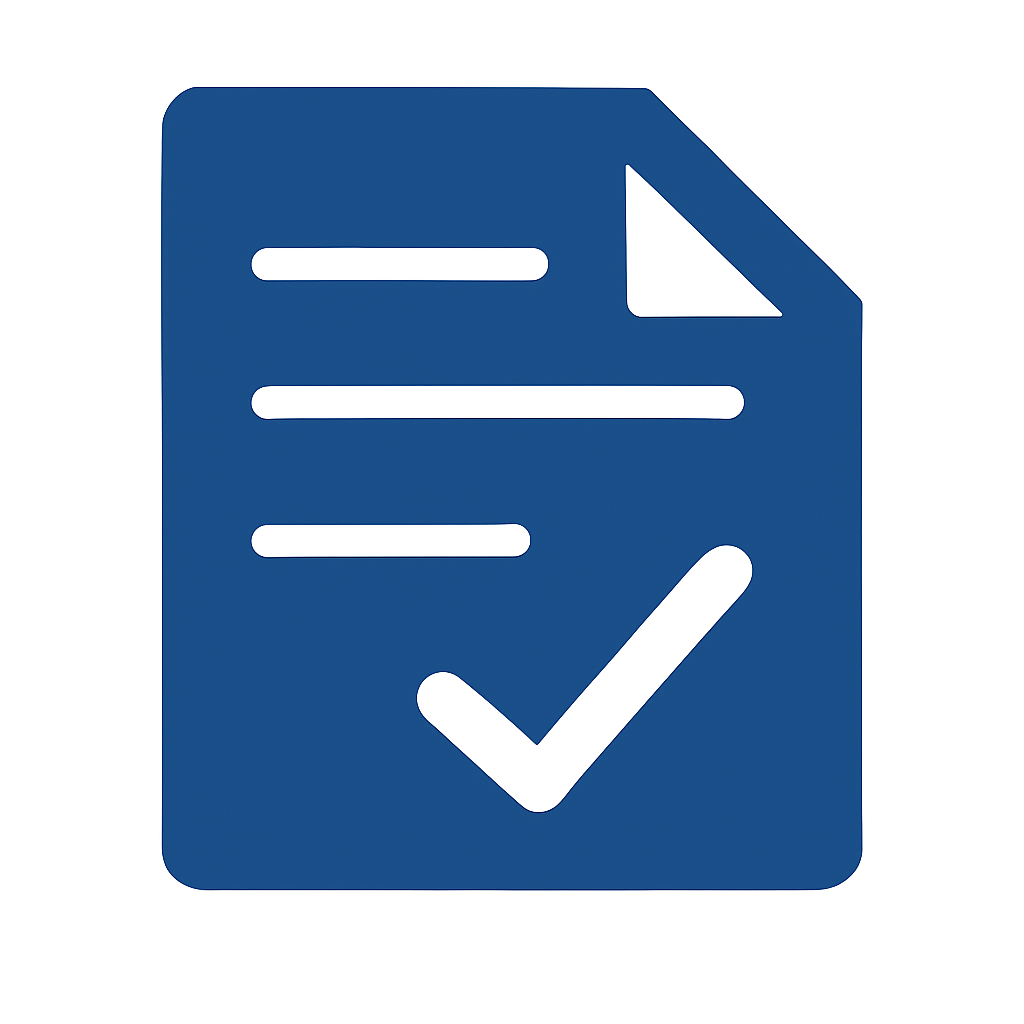Agile Transformation Consulting
We give executives more time and more influence by minimizing delivery chaos
-

Busy Teams, Minimal Impact
Your teams are working hard, but customers aren’t seeing the value. Agile has become a checklist, not a catalyst.
DO CREATIVE reconnects effort to outcomes to cut the noise, align work to strategy, and turn activity into measurable business impact.
-

Stalled Innovation, Misaligned Vision
Ideas get stuck in meetings, and execs get reports instead of insight. Strategy and execution feel worlds apart.
DO CREATIVE embeds rapid experimentation into delivery and establishes planning cadences and outcome-based metrics that connect C-suite vision to front-line execution.
-

Speed Without Control
Fast doesn’t mean effective. Teams sprint, but delivery slips, quality drops, and scaling adds bureaucracy.
DO CREATIVE brings structure and clarity to Agile, so you move fast, stay aligned, and scale without losing control.
We know the stress late or failing projects cause. Luckily for you, we have the experience needed to correct the trajectory.
Led Agile and delivery transformations for Fortune 500 clients and high-growth tech firms.
Managed $ 39M+ programs, built two PMOs from scratch, and improved time-to-value across 110+ initiatives.
Oversaw enterprise-level product and system integrations, including the Grubhub and Seamless $3.5B merger.
Schedule a Free Consultation
Let’s talk about your goals and challenges.
Get Your Custom DO CREATIVE Plan
We assess and tailor a custom roadmap to simplify Agile and speed up results.
Deliver What Matters Faster
We help your teams align, execute, and win.
At DO CREATIVE Agile Consulting, we understand the kind of leaders you are. You want to be confident in your decisions, strategic in your planning, and fast-moving in your delivery. To get there, you need a simple, proven Agile model—one that cuts through the clutter and drives real, measurable business results.
The challenge is that Agile has become overly complicated. Processes are bloated. Ceremonies are excessive. Jargon is everywhere. And instead of empowering teams, it often leaves them feeling frustrated, confused, and constantly behind schedule.
We believe there’s a better way. It shouldn’t be this hard—or this unclear—for smart, capable teams to deliver meaningful results. We’ve been in your shoes. We’ve led enterprise-wide Agile transformations. We’ve worked with leaders navigating massive change, and we’ve experienced the drag of misalignment and complexity firsthand.
That’s why we created the DO CREATIVE Agile model. It’s a practical, step-by-step system designed specifically for executives and delivery teams. It helps organizations regain clarity, streamline execution, and focus on what truly matters. The model has been used to simplify Agile in organizations ranging from growth-stage startups to large, regulated enterprises.
Instead of wasting time on redundant frameworks, the DO CREATIVE model empowers you to:
Establish clear ownership and roles at every level of the organization
Create a sustainable delivery flow that prioritizes real outcomes
Drive alignment across strategy, planning, and execution
Whether you’re scaling Agile across your portfolio or leading your first major transformation, we’ll help you turn complexity into clarity and clarity into speed.
Here’s how it works:
Schedule a free consultation to discuss your goals and challenges
Receive your custom DO CREATIVE plan, built around your context and maturity
Start delivering what matters faster, with aligned teams and a shared definition of success
Let’s get started. Stop wasting time on over-engineered systems and reactive delivery cycles. Start leading with a clear, focused strategy that energizes your teams and moves your business forward.




